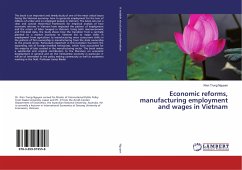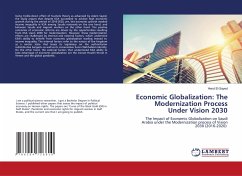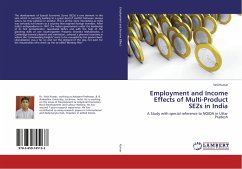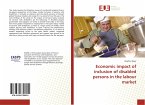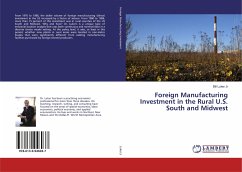This book is an important and timely study of one of the most critical issues facing the Vietnam economy- how to generate employment for the tens of millions of under-and un-employed people in Vietnam. The book sets out a clear and concise theoretical framework for empirical analysis of how economic reforms in Vietnam have impacted the pattern of employment and the return of labor (wages) in Vietnam. Using both macroeconomic and firm-level data, the study shows how the transition from a centrally planned to a market economy to Vietnam led to major shifts in employment from agriculture to manufacturing were concurrent shifts in the pattern of firm ownership in manufacturing from the state ownership to the private sector. Particularly important in this transition has been the expanding role of foreign-invested enterprises, which have accounted for the majority of jobs created in the manufacturing sector. The book makes a substantial and original contribution to the literature on economic development in general and on the Vietnamese economy in particular. It will be of interested to the policy making community as well as academics working in the field. Professor James Riedel
Bitte wählen Sie Ihr Anliegen aus.
Rechnungen
Retourenschein anfordern
Bestellstatus
Storno

